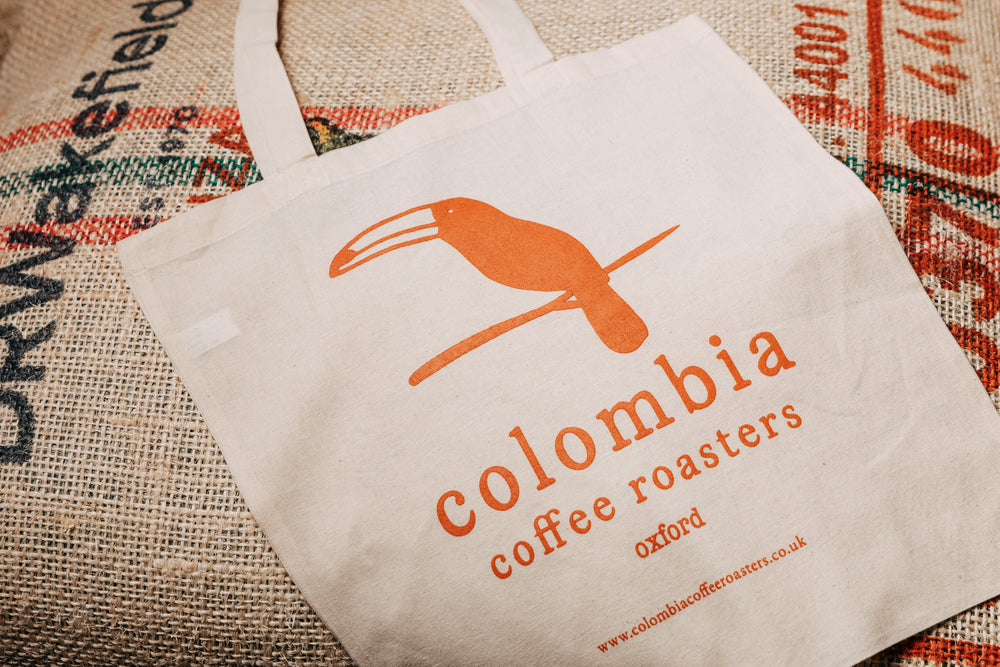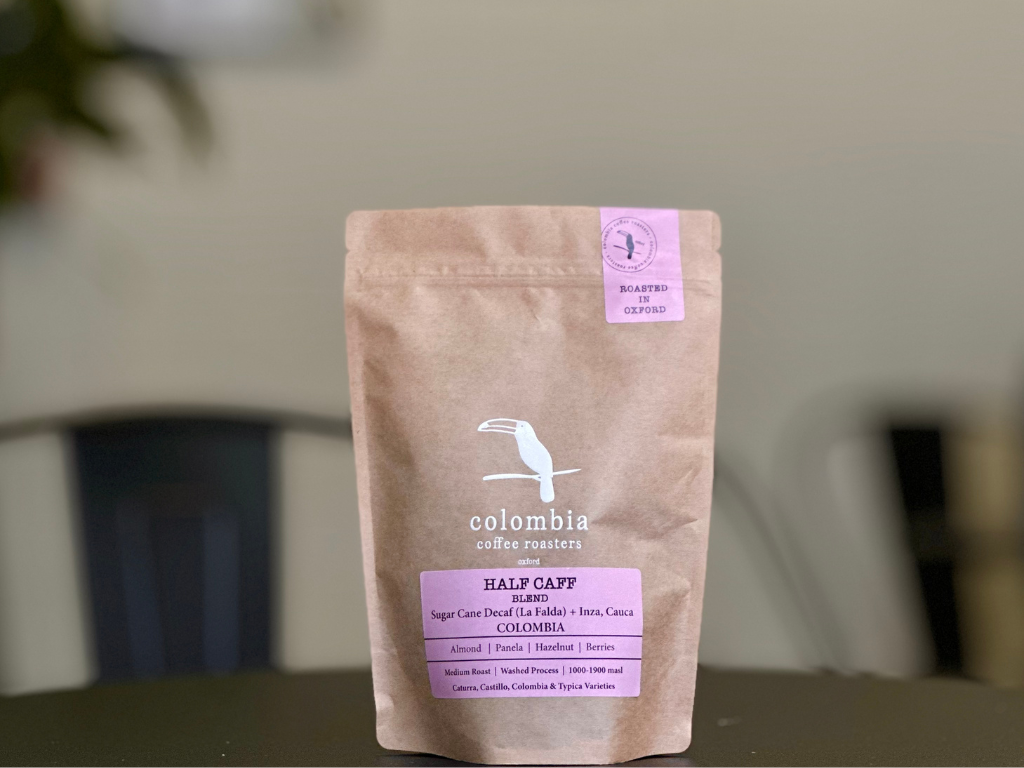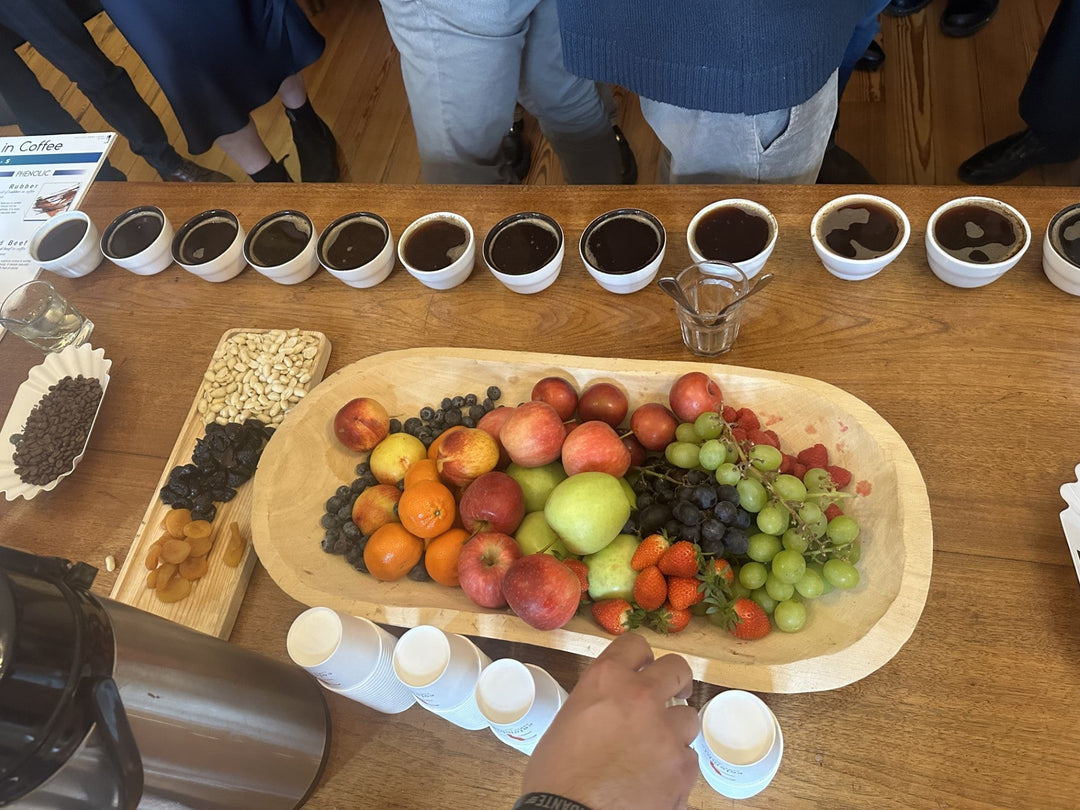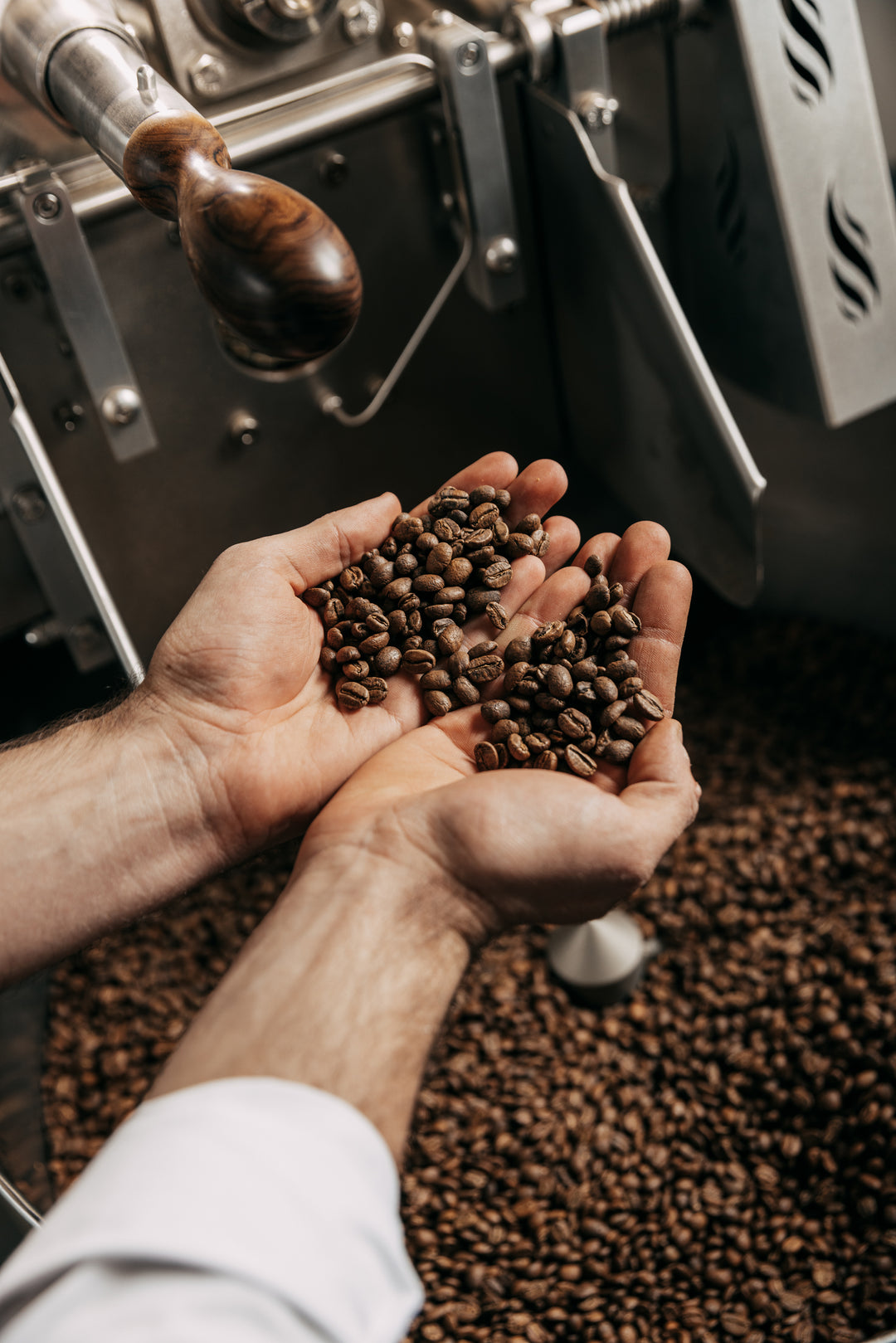The effect of climate change on coffee
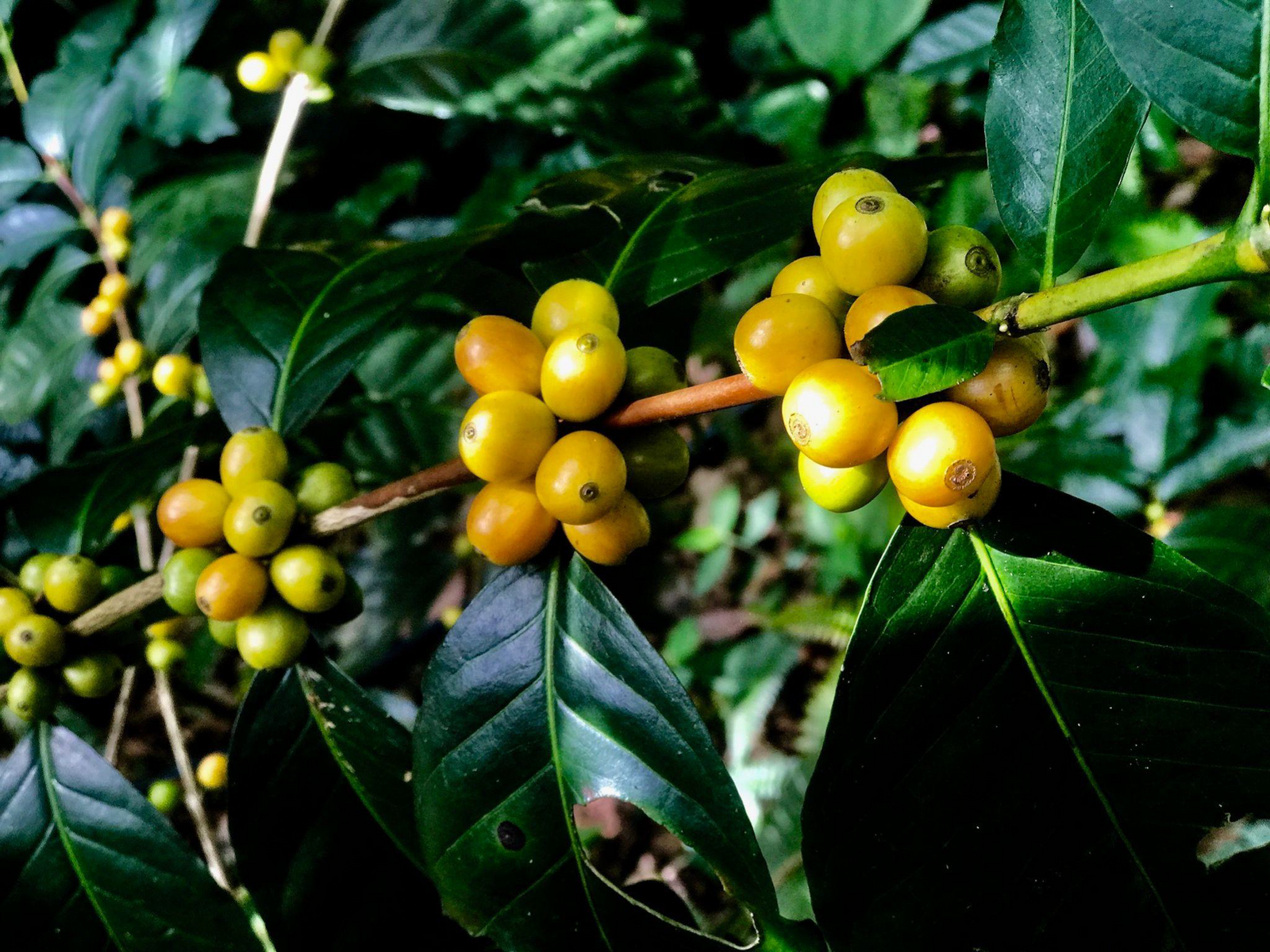
More than 100 million people depend on coffee for their livelihoods and 80% of coffee around the world is produced by smallholder farmers, who are the most vulnerable to the current climate crisis. Climate change is also set to reduce the global area suitable for coffee production, which could make coffee more expensive.

How is climate change affecting producers?
An increase in temperatures, altered soil conditions and reduced water availability impact coffee harvest times and crop quality. In addition to soil damage and the infertility of the land, other consequences of climate change are an increase in unemployment rates in coffee-producing regions, labour shortages, a higher labour cost and a decrease in coffee production, immigration, or abandonment of coffee production. As a result, this increases poverty and threatens food security in coffee-producing communities.
These lower productivity levels often force farmers to cut down the tropical rainforests to create new farms, making climate change worse. According to Solidaridad Network, this practice releases close to 76 million tons of CO2 every year.
Research found that shade trees reduce temperatures around the coffee plants from 2-4 Celsius degrees. This has benefits, like pest control, soil improvement, and water retention.
Orlando Fierro is Milly’s uncle and one of the coffee farmers we directly source coffee from. At his farm, Finca El Porvenir in Albán, Colombia, he has been growing shade trees for over 15 years. By selling his coffee into the specialty market, he could implement environmentally friendly coffee processing practices.
However, agroforestry can also reduce yields. Its viability will depend on the country and the market producers are addressing, as well as local environmental policies.

Coffee research to fight climate change
Another solution is planting new high-yield, resistant coffee varieties. Agronomists have been working to improve the physical condition of coffee plants.
There are research projects to develop hybrid varieties that are more resistant to adverse conditions and have higher yields, without compromising cup quality, which could actually improve. Some hybrid varieties even have won coffee quality contests.
The industry is also encouraging the widespread cultivation of robusta varieties, which offer higher resistance and adaptability, and even other coffee species, like Coffea eugenioides, which was used in competition by the Colombian World Barista Champion, Diego Campos, who we had the pleasure to host at our roastery and café a few years ago.

What are we doing?
Other members of the coffee supply chain, like roasters and cafés can also contribute to tackle climate change. In addition to supporting the farmers we work with, at Colombia Coffee Roasters, we are always looking for ways to reduce our environmental impact. We no longer use plastic bags. We give cotton tote bags for free and encourage our customers to bring them along for their next purchase.
Furthermore, we also source most of our products from local suppliers, and we don’t use bags for our wholesale coffee. At our coffee shop, we also have switched from plastic milk bottles to 10 lt boxes. The coffee we use for our espresso-based drinks is stored in reusable barrels that are hermetically sealed, to preserve freshness.
So, what are you doing to reduce the environmental impact of your coffee habit? Share your thoughts with us! https://www.instagram.com/colombiacoffeeroasters/


